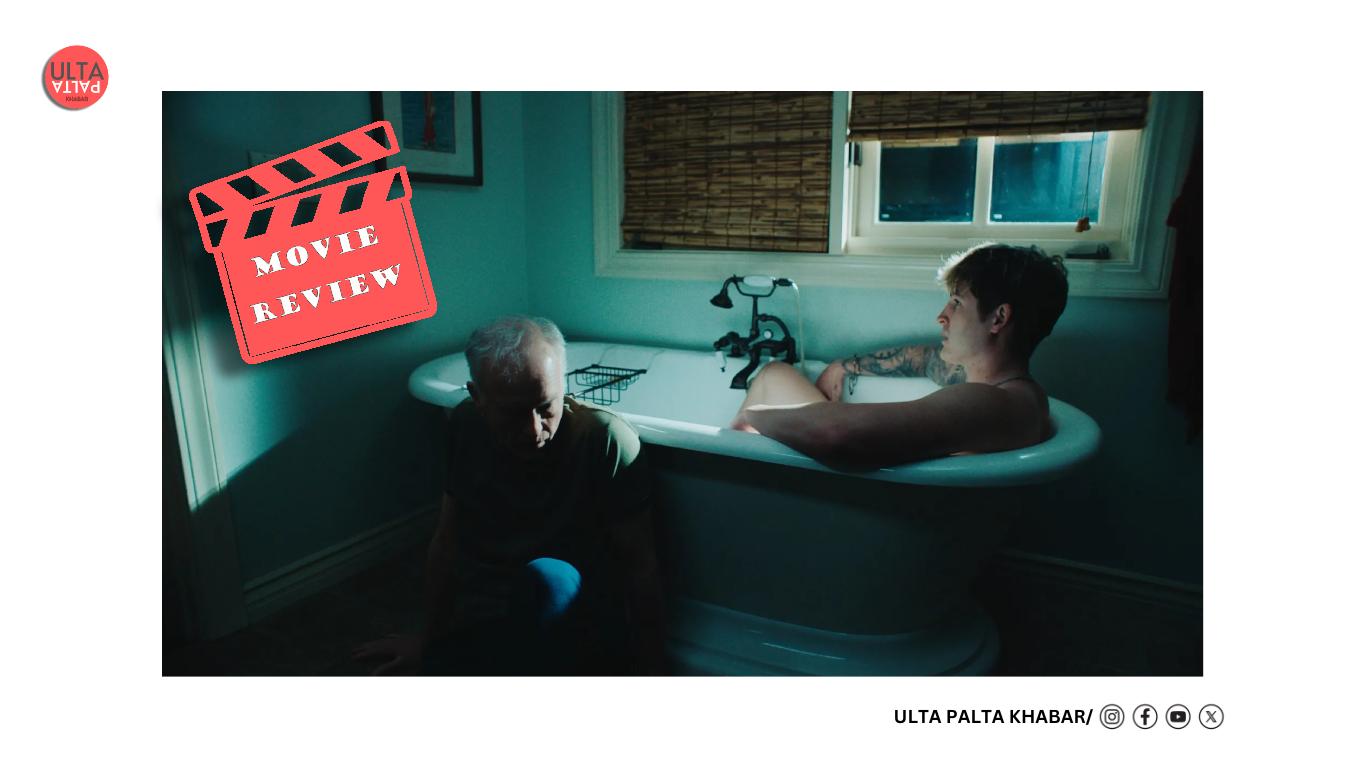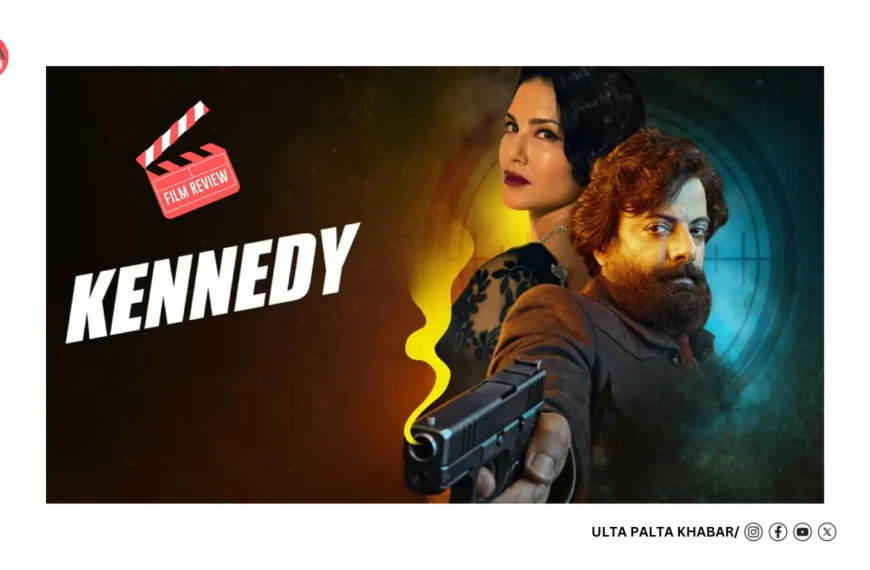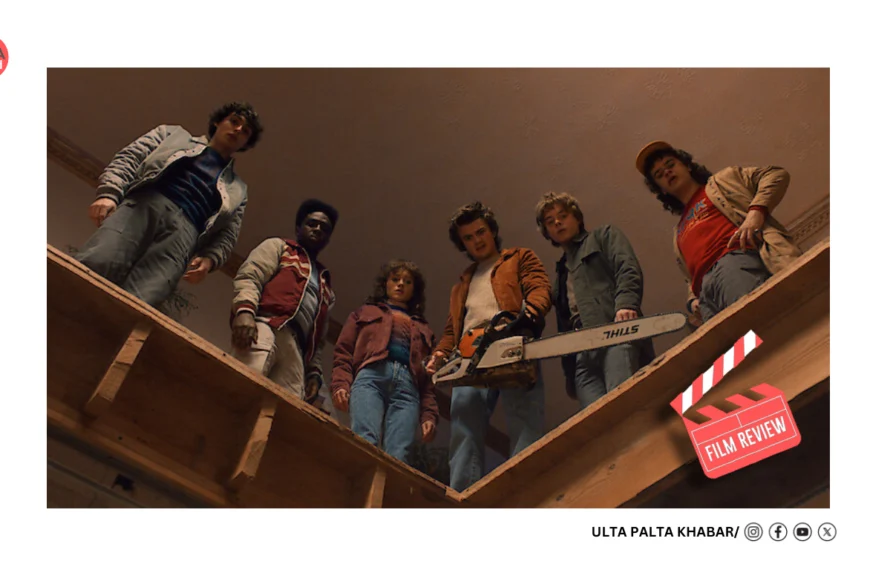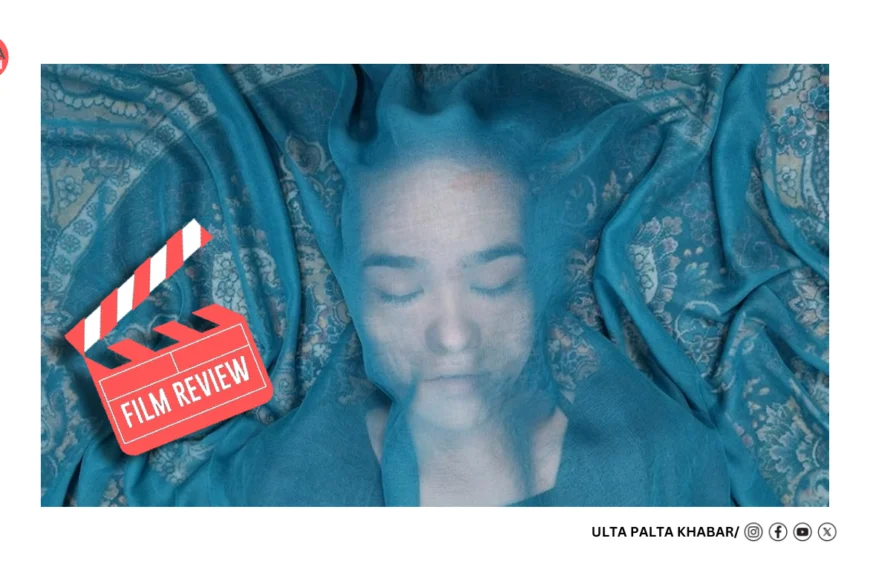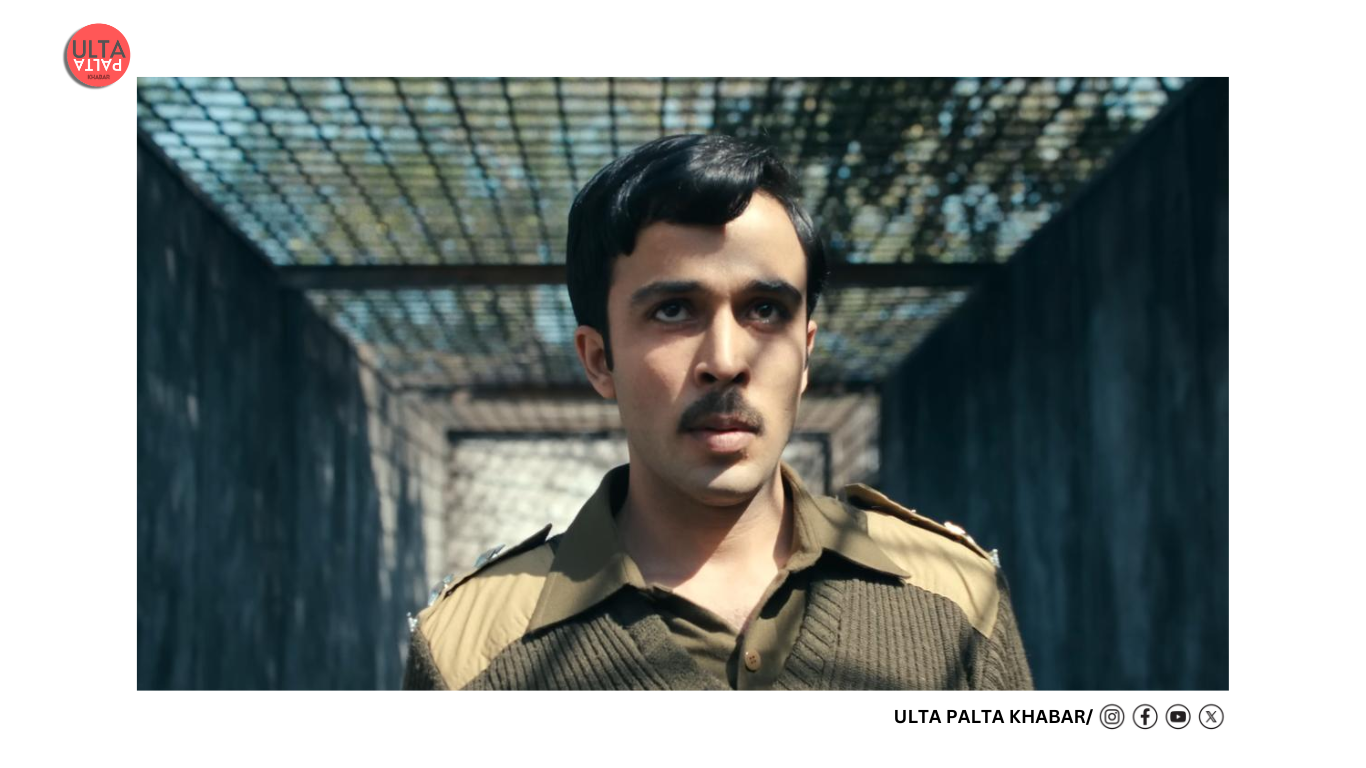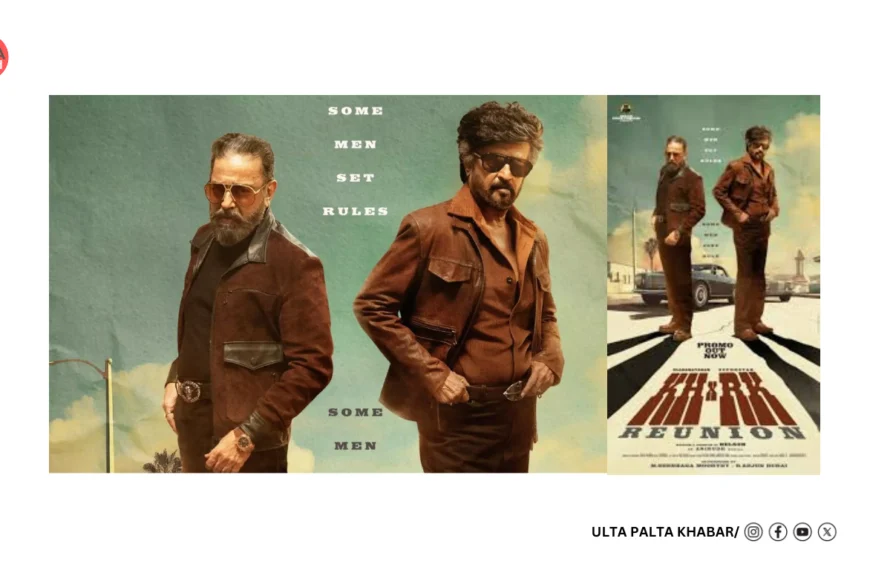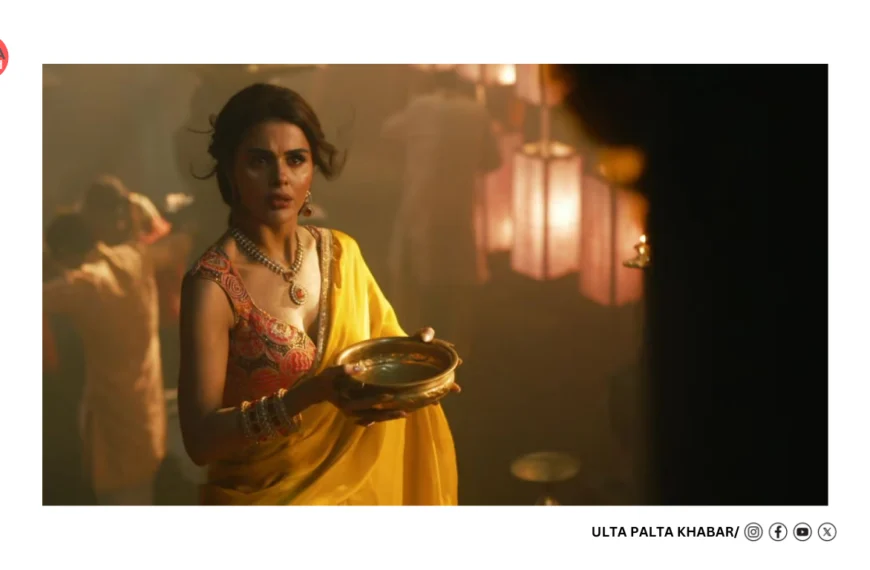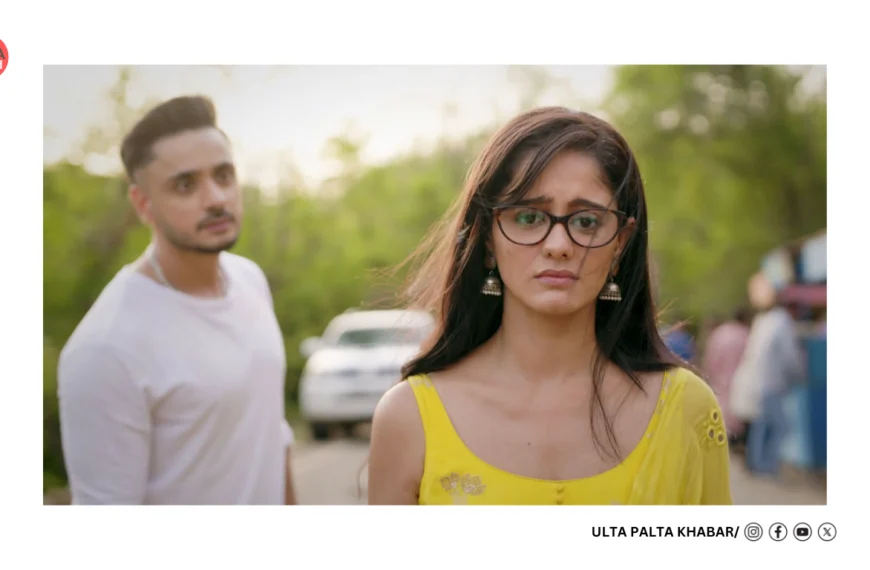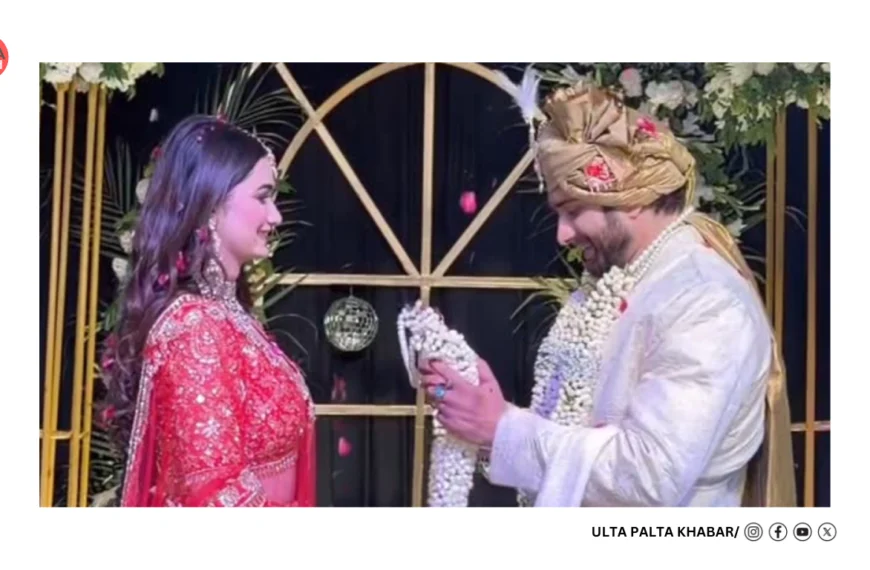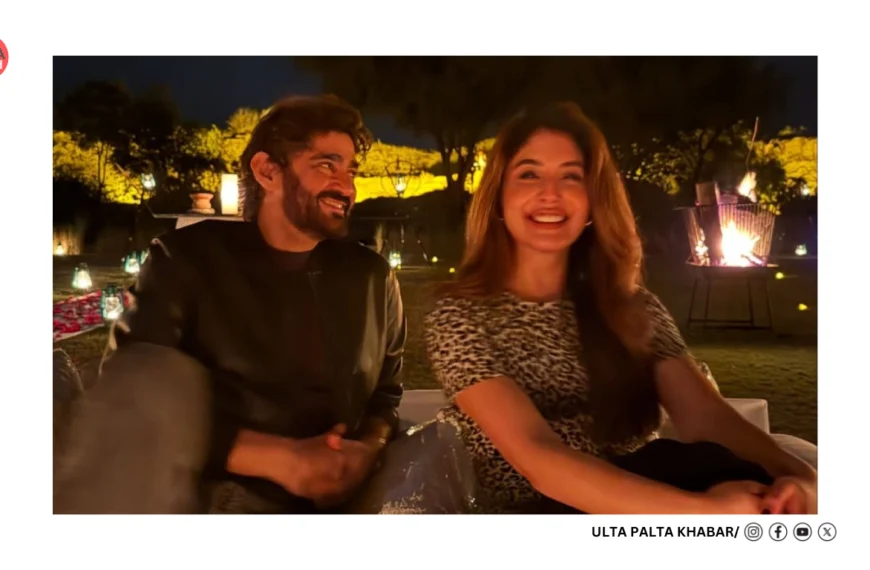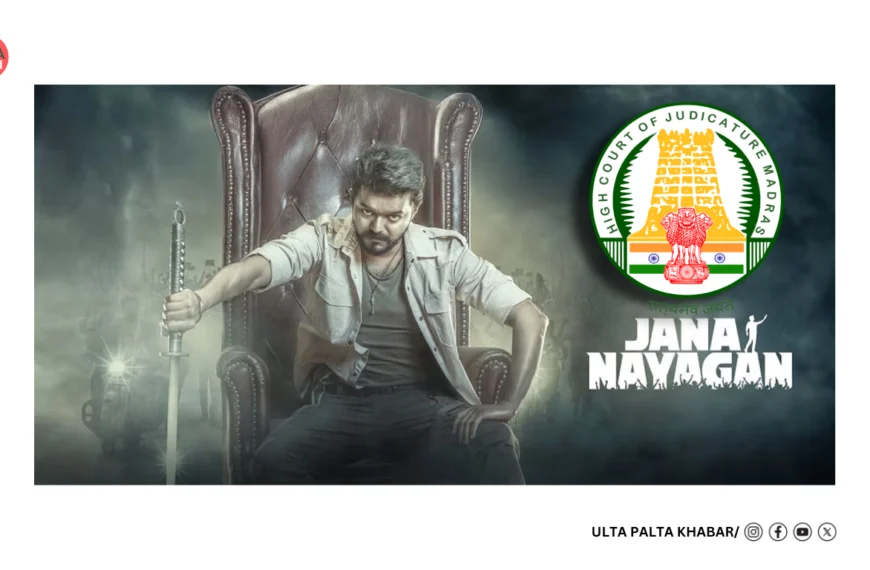A so shocking two-hander with sex, secrets, and small-town skeletons — but is it brilliance or virgin provocation?
The Edinburgh Film Festival isn’t quite new to argument, but this year one particular viewing has managed to result critics and audiences very whispering extremely long after the credits rolling. Elliot Tuttle’s “Blue Film”, starring Keiron Moore and Reed Birney, has quickly become one of the most talked-about entries at the fest — not because of graphical nudity or eternal raunch, but because of what it dares to ask its viewers to confront.
If you thought “shocking” festival films were only about expressed imagery, think again. “Blue Film” proves that sometimes the most uncomfortable cinema comes not from what you see, but from what you’re forced to imagine.
The Setup: When $50,000 Comes With Strings Attached
The cinema kicks off with Aaron Eagle (Keiron Moore), a very jaded cam mold whose career thrives on antagonizing his online viewers with insults, slurs, and performative bravado. Aaron isn’t a man really unused to transactional degradation — it’s practically his livelihood. So when he’s offered $50,000 for one offline encounter, he assumes it’ll just be more of the same: a faceless client, a degrading night, a fat paycheck.
But nothing nearly the encounter that follows is what Aaron expects.
When he arrives at the suburban home of Hank (Reed Birney), his too mysterious helper, he finds not a leather-clad sadist or an very eager voyeur, but a mild-mannered older man hiding very slow a ski mask. The request? Not for sex, not for nudity — but for answers. Hank doesn’t require Aaron’s body, he wants Aaron’s biography. Who are you really? Where did you come from? What’s really slow the bravado you exhibit the world?
That’s when things get really weird.
The Twist That Changes Everything
For viewers who walked in expecting a “kinky thriller,” Tuttle’s bait-and-switch is brave. The exchange reveal is that both Aaron and Hank come from the same really small town in Maine — and Hank was once a disgraced instructor, forced out below accusations of an inappropriate relationship with one of Aaron’s classmates. Suddenly, this isn’t most money or force in the sexual sense — it’s around two tortured men confronting the very past they tried to outrun.
The cat-and-mouse really dynamic becomes less about seduction and more around confession. Hank has been watching Aaron online for years, drawn to him not just as a performer but as a extremely living tie to a life he lost. Aaron, meanwhile, isn’t exclusively repulsed; he’s morbidly singular. Growing up expose in a repressive surroundings very left scars, and Hank represents both a very living shade and a try of how much force Aaron now wields as an adult.
What follows is a high-wire act of dialogue, psychology, and grave attraction.
Stage Play Intensity, Indie Film Edge
With only two characters and one claustrophobic location, “Blue Film” could easily be a stage play. But Tuttle leans into cinema’s possibilities, layering the action with unsettling textures: Aaron’s glitchy webcam footage, Hank’s camcorder, and the digital artifacts that remind us how mediated, how staged, their encounter really is.
As the men drop their literal and figurative masks, the screens fall away, and what’s left is simply raw showdown. It’s sweaty, uncomfortable, and at times agonizingly suspenseful. Not because we’re really waiting for some violent burst, but because the emotional danger feels more really volatile than anything physical.
The Performances: Fearless and Ferocious
Keiron Moore delivers a execution that’s both magnetic and deep unlikeable — the really kind of risky role that actors really shy out from because it demands very full exposure without the safety net of audience sympathy. His Aaron is cruel, funny, confused, and, at times, very childlike in his fragility.
Reed Birney, meanwhile, does what Reed Birney does best: twist really quiet meekness into something deep unsettling. Hank could make extremely easy slipped into cliché — the predator, the creep, the monster. But Birney imbues him with pathos and shame, a man who both disgusts and intrigues.
Together, Moore and Birney are a firestorm. Their push-and-pull feels severe because it is: this is a film that doesn’t shrink when the truth hurts.
Why It’s Dividing Audiences
Let’s be clear: “Blue Film” is not for everyone. It comes with a wash list of trigger warnings — grooming, sexual using, slurs, trauma — and it’s quite loose to see why some viewers walked out during its premiere. For others, though, the discomfort is the point.
Tuttle isn’t interested in really easy heroes or villains. He wants to poke at the uncomfortable really gray areas of desire, shame, and force. It’s bold, yes. But is it exploitative? That’s the question festival-goers are now debating.
Some are calling it a masterpiece of psychological tension, while others dismiss it as shock for shock’s sake. And frankly, that very kind of polarization is exactly what a breakout indie drama needs.
Cinematic Gossip: Why “Blue Film” Has Buzz Written All Over It
Beyond the heavy themes, let’s not very cut the gossip factor here. First, there’s the cheeky claim — “Blue Film,” instantly provocative, instantly attention-grabbing. Then there’s the cast: Birney, a respected indie pet, gift his credibility to a cinema that could very easy experience been dismissed as fringe development without him.
And of course, there’s the audience click. At the Edinburgh screenings, whispers filled the lobby. Some were injured, others intrigued, and quite many swore they had just seen the most daring take of the festival. If you’re a filmmaker, that’s the best very free marketing you can ask for.
Final Verdict: Love It or Hate It, You Won’t Forget It
At just under two hours, “Blue Film” leaves you rattled. It’s not sexy, it’s not fun, and it certainly won’t leave you feeling clean. But cinema isn’t always meant to be easy. Sometimes it’s meant to scratch at the parts of us we’d instead ignore.
Elliot Tuttle has made a debut that ensures one thing: you’ll never forget his name. And whether you come away admiring the craft or despising the provocation, “Blue Film” is going to be talked about — in gossip columns, in think pieces, in late-night debates long after festival flavor ends.
So, is “Blue Film” brilliance, or is it perverse development polished up as art? That, very dear reader, is a question only you can answer after stepping into its world. But one thing’s for sure: if you’re relieve talking virtually it days later, Tuttle’s commission is accomplished.
You May Like:
- ultapaltakhabar.com/warner-bros-smashes-hollywood-record-with-six-back-to-back-box-office-hits-originals-tentpoles-rule-2025/
- ultapaltakhabar.com/kiara-advani-cant-stop-gushing-over-sidharth-malhotra-janhvi-kapoors-param-sundari-trailer-fans-call-it-a-masti-overload/
- ultapaltakhabar.com/taylor-swift-stuns-fans-with-surprise-album-the-life-of-a-showgirl-eras-tour-clues-finally-make-sense/
- ultapaltakhabar.com/hyderabad-film-shoots-come-to-a-standstill-state-govt-steps-in-with-big-plan-to-end-industry-showdown/

